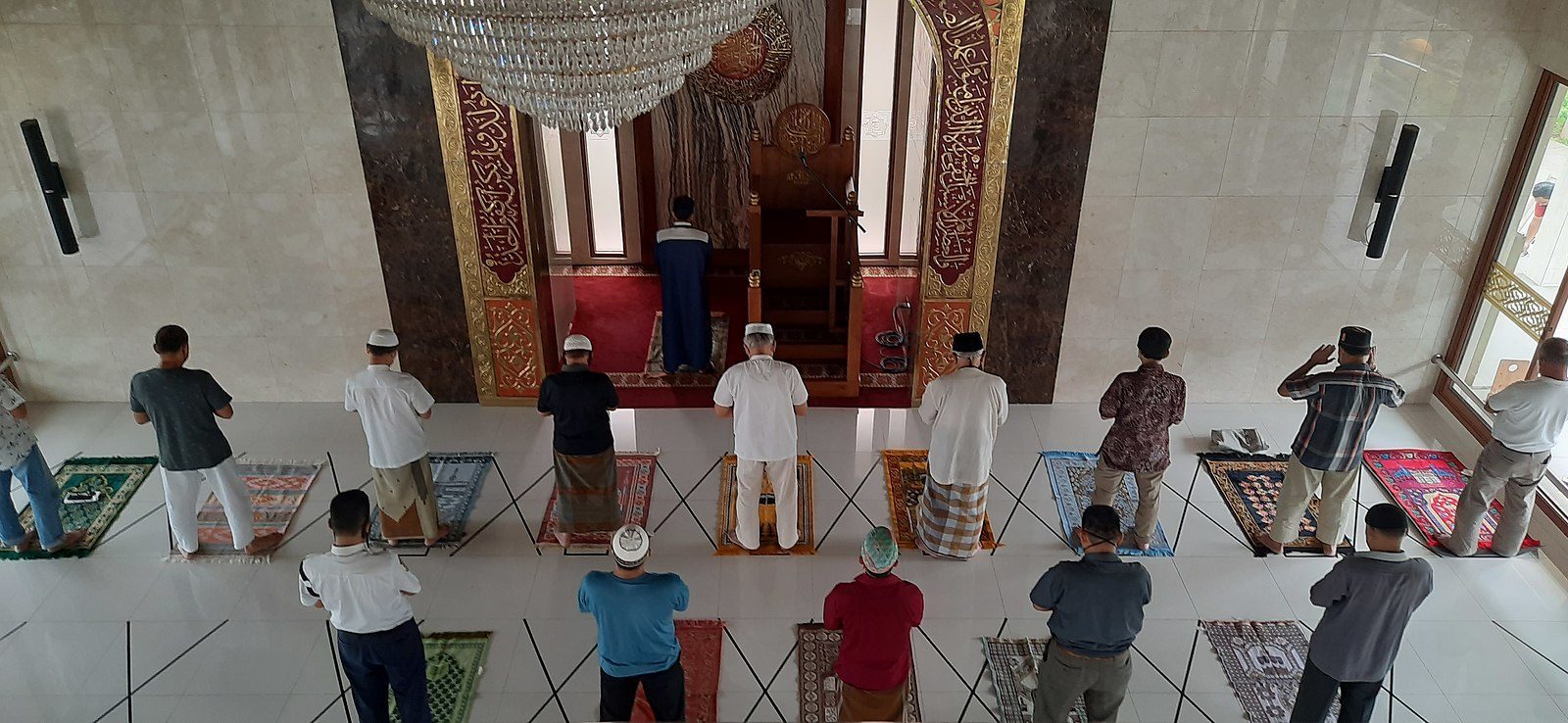For the second year in a row, Qatar and the rest of the world will observe the holy month of Ramadan during the Covid-19 pandemic.
Undoubtedly, the way we experience Ramadan will be impacted by the current enforced restrictions in the country, making it very difficult for many Muslims.
Not only is Ramadan a period of spiritual uplifting, but, in normal circumstances, it is traditionally an ideal time to spend quality time with neighbours, friends and family. People generally gather to break their fast, to pray, and to have the pre-fast suhoor meals.
These often very large, and celebratory gatherings are a mainstay of Ramadan. However, given the global pandemic and the situation in Qatar in particular, it is important that we remain safe, and adhere to social distancing measures throughout the holy month to keep ourselves and loved ones protected. That also includes taking the vaccine if it is made available to you, whether during the day or after iftar [break fast meals].
Several GCC countries have imposed new and more strict restrictions ahead of the start of the holy month. To name a few of these restrictions: UAE has cancelled all permits for Ramadan tents; Oman has instated a 9pm- 4am Ramadan curfew; Kuwait has extended its ongoing 7pm to 5am curfew to Ramadan; and Saudi Arabia has recently declared that only those “immunised” would be allowed to perform the Umrah pilgrimage.
Here in Qatar, similar restrictions have been introduced for Ramadan and beyond, in an attempt to tackle the second wave it currently faces. These restrictions include the banning of dine-in options at all restaurants and cafes; the closure of barbers and beauty salons; and while mosques remain open for daily and Friday prayers, the nightly Ramadan taraweeh prayers will not go ahead.
Read also: Exemptions for vaccinated? Key points from health ministry presser
Given the current situation, it is important to remain positive and be reminded of the fact that Ramadan is about solidarity. However, this year, we are looking at solidarity in a different light. The way we practice solidarity this year is by uniting together against this virus – and the only way we can do that is by staying home and avoiding large gatherings, staying safe, and getting vaccinated so that we are able to overcome this pandemic as quickly as possible.
Even if social gatherings are prohibited, there are many ways in which we can get creative with how we spend Ramadan in a way that is healthy for our bodies and good for our mental health. Here are a few ideas:
Stay positive.
Ramadan is joyous. It is a time of gratitude and heightened spirits. Focus on keeping it this way even through these hard times that the world is experiencing. Try to make the most out of it by spending quality time with family members in your household praying, worshipping or even playing games together and sharing stories.
Decorate your home.
Since we are not able to visit Ramadan tents to witness beautiful decorations this year, bring those vibes home and put extra effort into decorating you’re your living space this Ramadan. This will undoubtedly be a great reminder of the Ramadan spirit, will increase overall excitement and would be a great and fun activity to do with children.
Be physically active.
Whilst this is difficult given the current nation-wide gym closures, it is not impossible. Whether it is participating in online recorded classes, or Zoom workout lessons with your friends, or even taking a walk outside for fresh air, moderate exercise is essential for the body.
Read also: Pregnant during Ramadan? Here is what you should know before fasting
Even if you feel understandably less active while fasting, making time for a half-hour workout every day is strongly advised. If you choose to exercise before iftar make sure not to engage in very strenuous activity that could cause you to get dehydrated.
Adequate sleep.
Ramadan is generally a time of increased prayer, and it may be tempting to stay up all night to pray and worship. However, it is important that you still aim to get in 7-8 hours of sleep within the 24-hour period in order to for you to feel rested and energetic enough to carry out your day-to-day activities.
Healthy meals.
Since our eating patterns change during Ramadan, it is crucial that we stay mindful of the food we are consuming. This includes avoiding breaking our fast and satisfying our cravings on processed foods with a high sugar content.
Instead, opt for fruits and healthy alternatives, as well as complex carbohydrates (such as rice, whole grains and vegetables) and fibre-rich foods that will keep you full for longer stretches. Try to avoid foods that are high in salt as they can contribute to thirst and dehydration- and are generally unhealthy.
Stay in touch using digital platforms.
While it’s true that we may not be able to gather with our friends and family for Ramadan this year like we are used to doing, this doesn’t mean that you cannot connect with your loved ones while staying healthy and safe.
Organising conference calls and video chats with those closest to you is a great way to socialise, let off steam and celebrate Ramadan the way we are used to, but with a twist.
Maha El Akoum, MPH, is a public health professional currently working as Head of Content at World Innovation Summit for Health [WISH].
Follow Doha News on Twitter, Instagram, Facebook and Youtube







